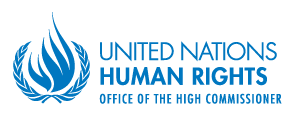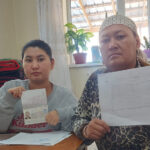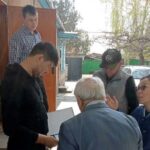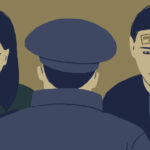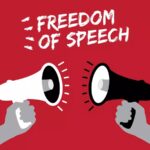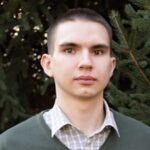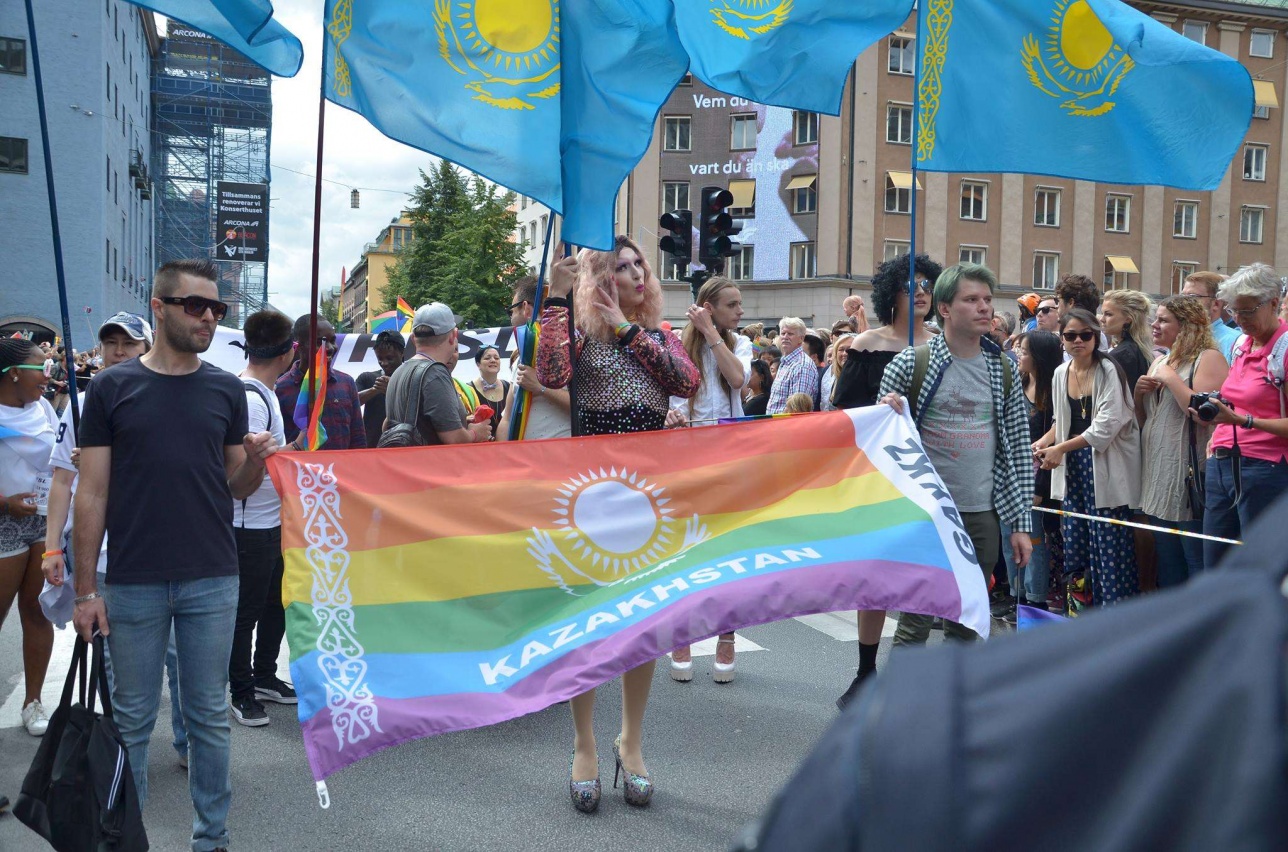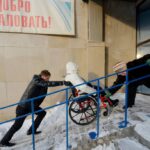United Nations human rights experts* today called on the Government of Kazakhstan to protect the rights to freedom of peaceful assembly and freedom of expression after mass arrests, detention and criminal prosecutions following demonstrations over proposed land reforms across the country.
Peaceful protests took place last week in six Kazakh cities in response to amendments adopted on the land law governing the rights of foreigners to rent agricultural land in the country. Protesters contend that the changes, which include an increase of such leases from 10 to 25 years, could facilitate the sale of land to the detriment of Kazakh citizens and landowners.
“Arrests, detention and criminal prosecutions are being used to deter and punish those protesting and expressing their voices against the land law,” the UN experts noted. “The Government must immediately end all forms of persecution and take effective measures to protect civil society.”
The UN experts were alarmed by criminal cases brought against some protestors and human rights defenders for exercising their rights to freedom of peaceful assembly and freedom of expression. The criminal charges being used to target protestors and human rights defenders, include the ‘kindling of social discord’ under Article 174(2) of the Criminal Code.
“Freedom of the press and the right to freedom of assembly are fundamental for the functioning of a democratic society,” they said drawing attention to the preventative arrests made of journalists, cameramen and bloggers targeted for reporting on the recent events. “Detention and criminal prosecutions must not be used arbitrarily to target journalists and civil society”, stated the experts.
“The Government of Kazakhstan has an obligation to promote the rights to freedom of peaceful assembly and association, and freedom of expression and opinion by ensuring a safe and enabling environment for civil society to carry out their activities without fear of persecution,” they said. “It also has an obligation not to interfere in the exercise of those rights.
(*) Mr. Michel Forst, Special Rapporteur on the situation of human rights defenders, Mr. David Kaye, Special Rapporteur on freedom of opinion and expression, Mr. Maina Kiai, Special Rapporteur on the rights to freedom of peaceful assembly and of association, and Mr. José Guevara, First Vice-Chair of the UN Working Group on Arbitrary Detention, are part of what is known as the Special Procedures of the Human Rights Council. Special Procedures, the largest body of independent experts in the UN Human Rights system, is the general name of the Council’s independent fact-finding and monitoring mechanisms that address either specific country situations or thematic issues in all parts of the world. Special Procedures’ experts work on a voluntary basis; they are not UN staff and do not receive a salary for their work. They are independent from any government or organization and serve in their individual capacity.
SOURCE:
www.ohchr.org/RU/NewsEvents/Pages/DisplayNews.aspx?NewsID=19951&LangID=E

